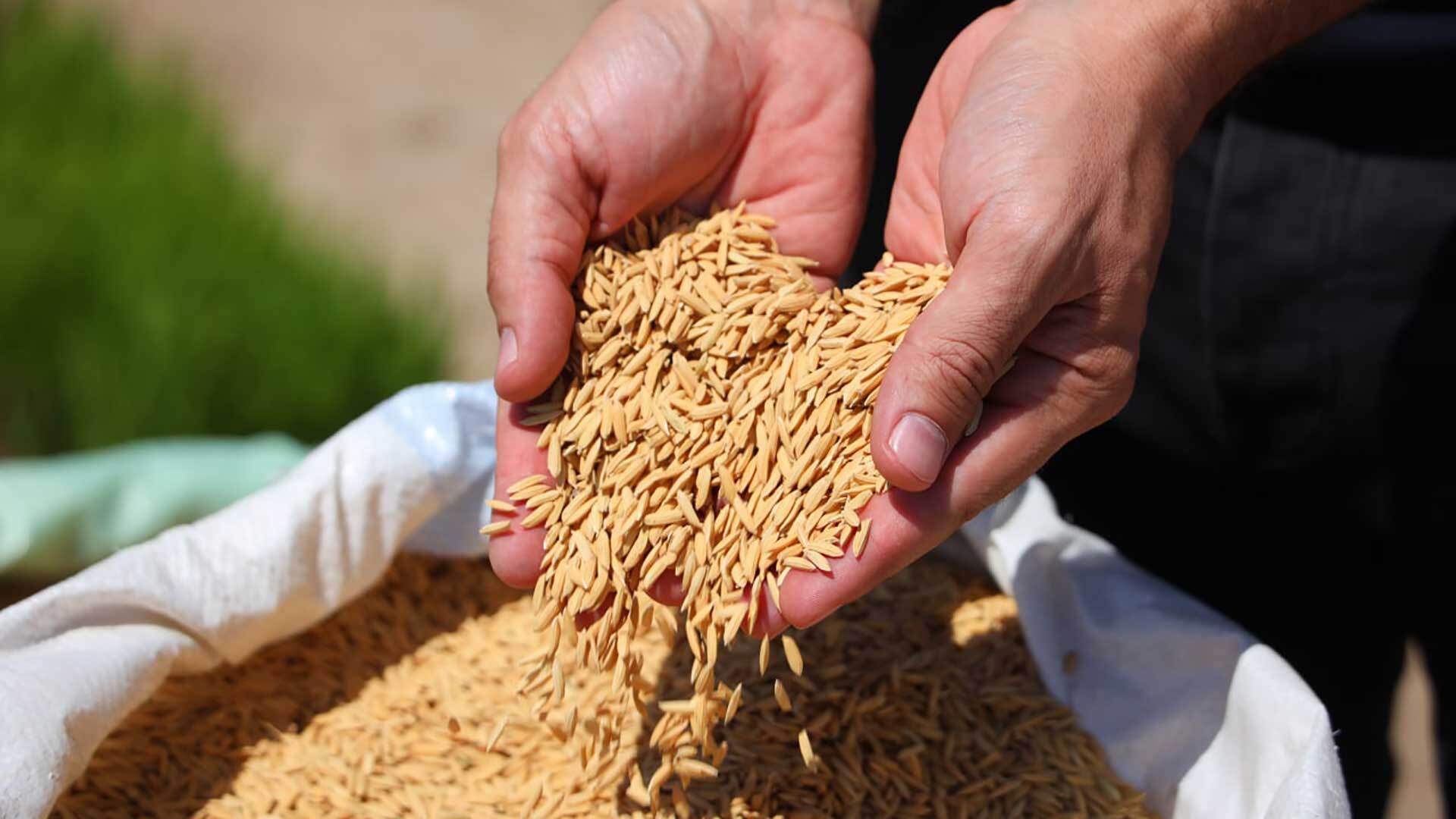
The smart solutions that are changing the future of farming
Food insecurity, poverty and climate disasters repeatedly challenge farmers, particularly those from rural, smallholder families. With limited access to land and irrigation water, and little understanding of smart infrastructures and technologies, they continue to be driven by their search for a more innovative approach to agriculture – a pursuit which Uzbekistan is on a mission to help them achieve.
Protecting livelihoods
Nearly two thirds of Uzbekistan’s total rural population make their living from agriculture, with many feeling the weight of the world’s growing demand for food supplies. To help reduce this pressure, Uzbekistan has accelerated its plans for a sectoral program, which aims to develop the country’s agricultural sector until 2030.
Through this framework, a phased reintroduction of 1.1 million hectares of abandoned land has been launched to increase rural productivity. This initiative is putting the focus on water-saving technologies, such as discrete irrigation and flexible pipes, as a way of developing rainfed and pasture lands – and on crop diversification as a way of ensuring the country’s food security.
On top of this, secondary leases to legal entities and individuals of agricultural land have been granted, free sale of agricultural products grown in subsidiary farms has been guaranteed, and state-ordered purchase prices for raw cotton and cereal crop have been cancelled.

Farming goes digital
As part of Uzbekistan’s strategy to combat hunger and poverty, it has joined forces with the United Nations’ Food and Agriculture Organization (FAO) on the project: ‘Smart Farming for the Next Generation’. Its goal is to use advanced technologies to facilitate sustainable production, as well as post-harvest handling and marketing of greenhouse vegetables.
If this project proves anything, it’s that technology is the future of agriculture – especially when it comes to greenhouses. Here, it can be used to control climate conditions, enhance productivity levels and streamline management processes. For Uzbekistan’s farmers, this represents an opportunity to build a smart infrastructure that is strong enough to cope with ever-common climatic shocks and agile enough to serve the next generation of agro-entrepreneurs.
Beyond the digitalization of greenhouses, Uzbekistan is piloting the implementation of digital platforms in cotton and grain fields, whereby land cultivation and crop data can be analyzed. GPS equipment has also been installed within 3500 units of machinery to track agricultural processes in real time, and an information system has been developed to monitor the use of water resources at irrigation facilities.
Mapping out next steps
Agriculture provides employment for some 15 million people in Uzbekistan, making it one of the country’s most indispensable sectors. To future-proof its position in society, work is being done to build a global support network. For instance, the export of fruits and vegetables has been expanded to 24 new, highly solvent countries, including Australia, Great Britain, and Switzerland. And 8 agrological complexes have been opened with the help of international investors, like the World Bank, to advance food processing.
Negotiations are also underway with France, Japan and Germany to launch respective projects for the livestock industry, the fruit and vegetable value chain, and small, micro and medium-sized organizations. As Uzbekistan continues to develop and diversify its agricultural sector, these collaborations will be instrumental in creating environmental, economic and social resilience.

